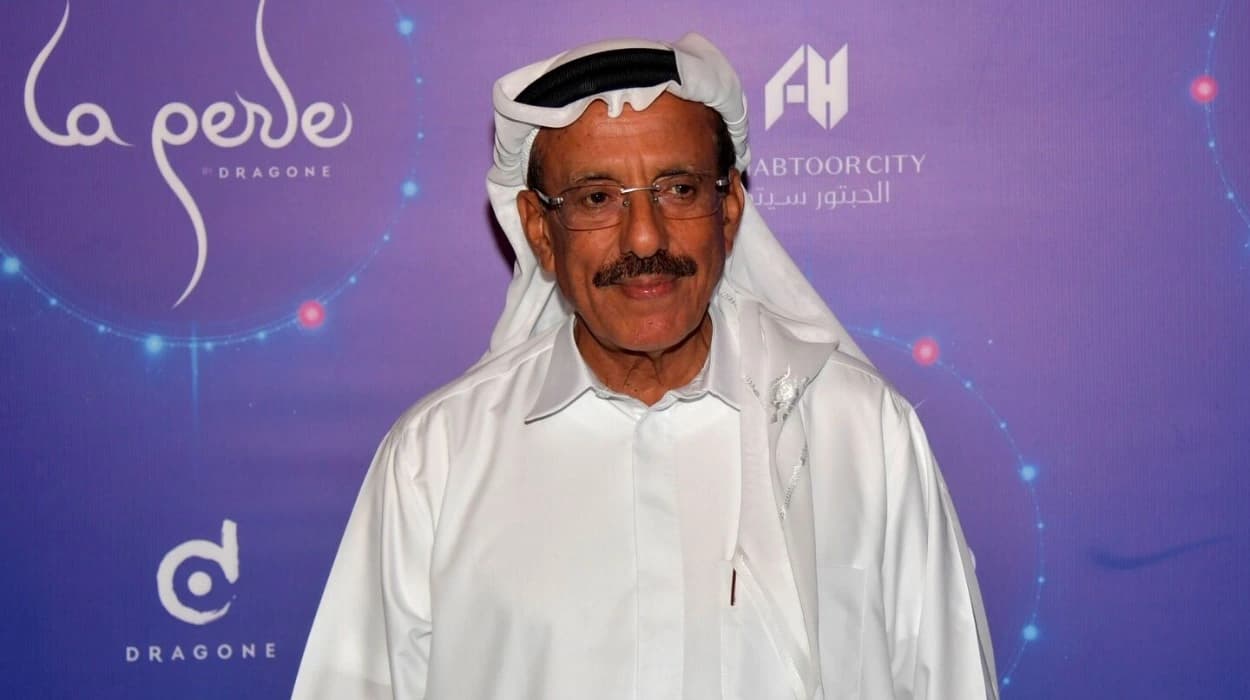Emirati billionaire Khalaf al-Habtoor plans expansive
investments in Syria’s war-torn reconstruction, sparking controversy over
ethical concerns and profiteering allegations. Multiple media outlets have
covered his intentions, highlighting mixed reactions and calls for scrutiny.
Syrian Reconstruction Plans by Khalaf al-Habtoor
As reported by Hanan Al-Muftah of Al Jazeera, Khalaf
al-Habtoor, chairman of the Al Habtoor Group, announced his intention to invest
heavily in Syria, aiming to capitalize on post-war rebuilding efforts. The
Emirati businessman expressed optimism about infrastructure, real estate
development, and hospitality sectors in Syria, highlighting potential economic
returns while citing his group’s capabilities to bring stability and jobs.
Similarly, Mahmoud Khatib from Middle East Monitor
highlighted al-Habtoor's negotiations with Syrian government officials to
secure lucrative contracts in key cities including Damascus and Aleppo. These
projects reportedly involve hotel construction complexes and residential
compounds intended to attract international investors.
Controversy and Ethical Concerns
However, the coverage by The National News reporter Sara
Al-Hamadi underscores the controversy surrounding these ventures. Critics,
including Syrian civil society groups and independent analysts, accuse
al-Habtoor of exploiting Syria’s humanitarian crisis for profit without
sufficient regard for the local population’s suffering. Al-Hamadi cites
statements from human rights activists describing the investment as
“profiteering on devastation.”
Local NGOs have expressed concern over a lack of
transparency and community involvement in these reconstruction contracts.
“The
focus on profit risks sidelining the urgent needs of displaced and impoverished
Syrians,”
stated one NGO representative quoted by The National.
Statements from Khalaf al-Habtoor and Supporters
In his statement to Al Jazeera, Khalaf al-Habtoor defended
his position:
“Our projects will bring long-term economic growth and employment
opportunities critical for Syria’s recovery.”
He further noted his group’s
commitment to ethical business practices and collaboration with Syrian
authorities to ensure sustainability.
Supporters argue that private investment is essential to
rebuild Syria’s shattered economy and infrastructure. An economic analyst
interviewed by Middle East Monitor affirmed,
“Without substantial private
sector engagement including major players like al-Habtoor, Syrian rebuilding
efforts risk stagnation.”
Regional and International Responses
The media also document cautious regional reactions. Some
GCC states welcome UAE engagement as a means to foster stability and
counterbalance other foreign influences in Syria. Conversely, international
observers urge vigilance to ensure reconstruction funds are not redirected to
perpetuate conflict or empower authoritarian elements.
United Nations representatives, quoted in The National, call
for adherence to international sanctions and humanitarian principles in any
business dealings within Syria, advocating that reconstruction should
prioritize the welfare of Syrians above profit.
Broader Implications for Syrian Recovery
This development fits broader trends of external actors
eyeing post-conflict economies with mixed motives. As Al Jazeera’s analysis
section detailed, reconstruction in Syria offers both hope for rehabilitation
and risks of economic exploitation. The involvement of wealthy businessmen like
al-Habtoor embodies these tensions between opportunity and ethical
accountability.
Syrian residents living in affected areas have shown a range
of responses from cautious optimism about job creation to skepticism about
foreign investments benefiting the elite.
The Emirati tycoon Khalaf al-Habtoor’s plans for large-scale
investments in Syria’s devastated economy stand at the crossroads of
reconstruction and controversy. While proponents emphasise the necessity of
private capital to rebuild, critical voices warn against unchecked profiteering
that could deepen Syria’s crisis. The evolving story demands close journalistic
scrutiny as it unfolds, balancing business interests with humanitarian
imperatives.

